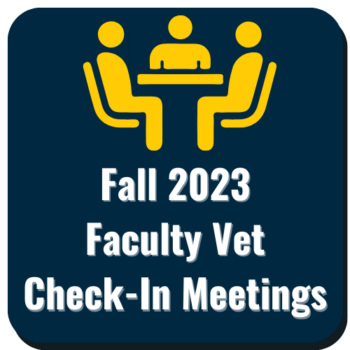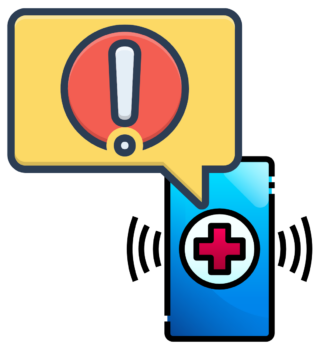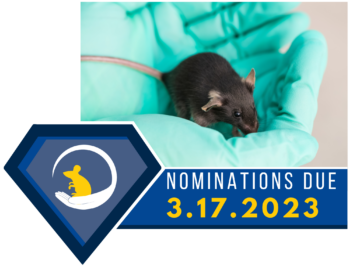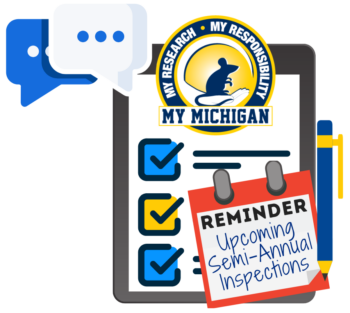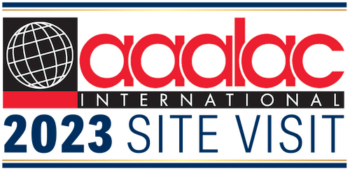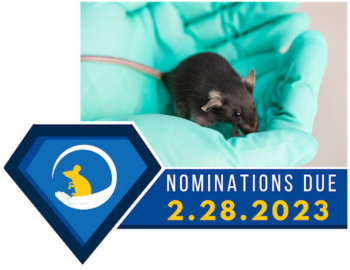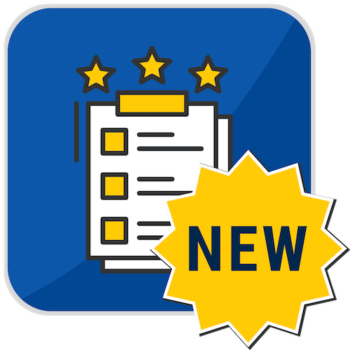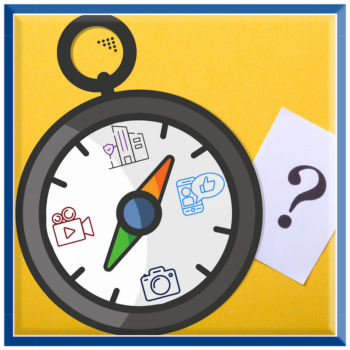Connect with Your ULAM Faculty Veterinarian and Learn about AAALAC 2023 during Spring Check-In Meetings
To help the research community stay informed on important updates and changes impacting animal care and use at the University of Michigan leading up to the AAALAC Site Visit; ULAM Faculty Veterinarians will be hosting in-person Vet Check-In Meetings in April and May 2023. In addition to addressing facility-specific and attendee questions, veterinarians will also ...
